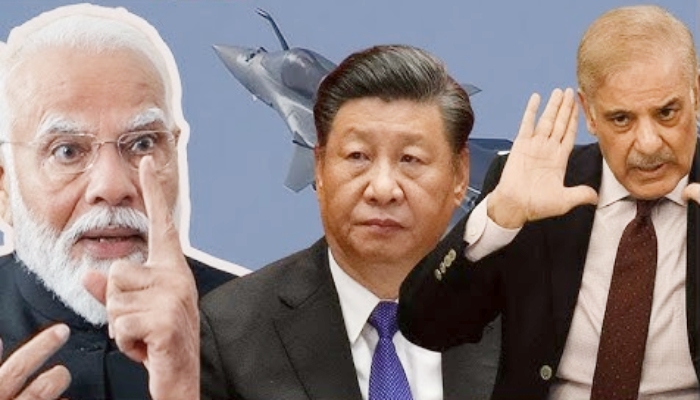New Delhi — India has extended the visa of Sheikh Hasina, the exiled former Prime Minister of Bangladesh, just a day after the interim administration in Bangladesh, headed by Mohammad Yunus, revoked her passport along with 96 others. The move has drawn attention amid rising demands for Hasina’s extradition following her departure from Bangladesh in August 2024, after a student-led movement forced her to flee the country.
Sheikh Hasina, who led the Awami League (AL) for 16 years, has been living in India since fleeing Bangladesh, where her party’s rule was ousted in the aftermath of the protests. The extension of her visa, which was processed through the Foreigners Regional Registration Office (FRRO) under the Union Home Ministry, was granted to allow her to stay legally in India, as her visa had expired. However, according to reports, Hasina has not yet been granted asylum in India, and no official talks are underway to offer her sanctuary.
The extension follows an unsigned diplomatic note issued by Bangladesh on December 23, 2024, requesting Hasina’s extradition from India. The note, a “verbal note,” asks for her return to face charges related to crimes during her tenure as Prime Minister, including involvement in the deaths of civilians and enforced disappearances during the 2024 protests. The Bangladesh government issued a formal statement on January 7, 2025, confirming the cancellation of the passports of 75 individuals, including Hasina, due to their alleged roles in the July killings. Additionally, 22 other individuals were listed in connection with enforced disappearances.
In Bangladesh, Hasina faces arrest warrants issued by the country’s International Crimes Tribunal (ICT) for charges of “crimes against humanity and genocide” during her time in office. The tribunal’s ruling mandates that Hasina and other individuals be arrested and brought before the court by February 12, 2025. As of now, Hasina is dealing with a complex set of legal challenges related to these charges.

Legal experts in India, however, believe that Hasina may be protected from extradition under Indian law. Vikas Singh, former Additional Solicitor General of India, pointed out that India cannot extradite individuals accused of political crimes, and the penalty in the requesting country must not exceed what India would impose for similar offenses. “India cannot extradite individuals for political offenses,” Singh told ANI. He also added that for the arrest warrant to be executed, Bangladesh would need to seek an official extradition request through an Indian court, a process which may not be straightforward due to legal safeguards.
“Given the specific protections against extradition, including political offense exemptions and considerations of proportionality of punishment, it is unlikely that India would grant extradition in this case,” Singh stated.
The situation has raised diplomatic tensions between India and Bangladesh, with the Indian government yet to make an official statement regarding Hasina’s extradition request. As Hasina’s legal battles unfold, both countries will be watching closely as the international community looks for resolution on her status in India.





